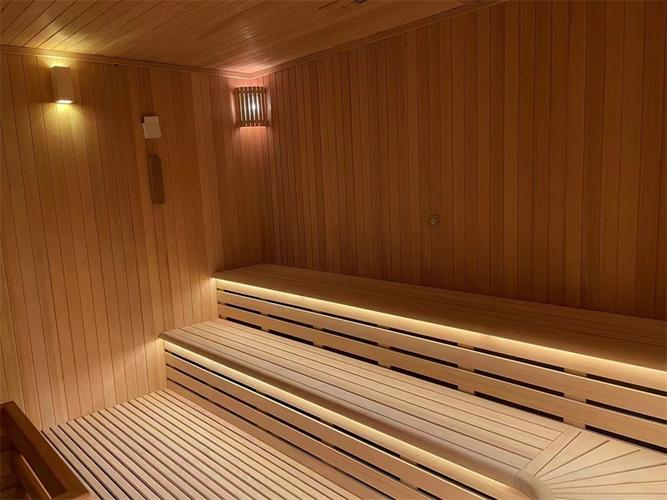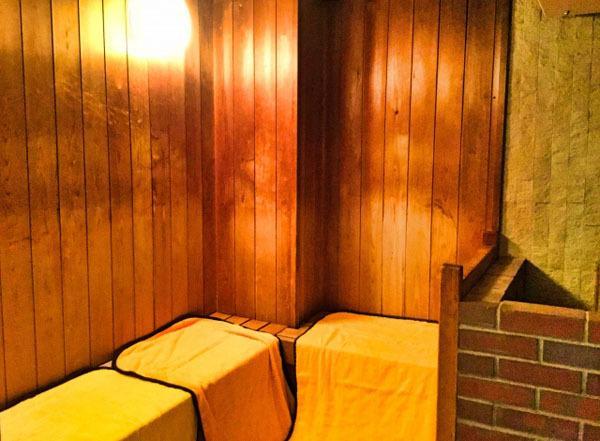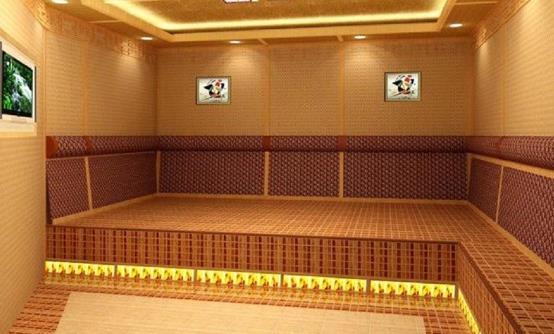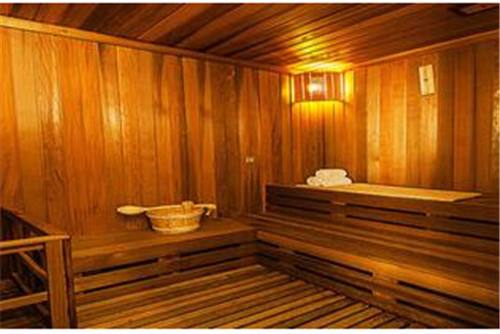- 本文目录导读:
- The Impact of Sauna on Heart Health: Exploring the Connection
- Sauna and Heart Health
- How Saunas Work
- The Cardiovascular Response
- Impact on Blood Pressure
- Stress Reduction and Heart Health
- Effects on Heart Rate
- Considerations for Sauna Use
- Conclusion
The Impact of Sauna on Heart Health: Exploring the Connection
Sauna and Heart Health
Saunas have long been a staple in various cultures worldwide, valued not only for their relaxation benefits but also for their potential health effects. One of the most intriguing aspects of sauna use is its impact on heart health. Understanding how saunas affect the cardiovascular system can provide valuable insights into their role in promoting overall well-being.
How Saunas Work
Saunas typically involve exposure to dry heat, often generated by hot rocks or infrared technology. The intense heat induces sweating, which is the body's natural way of cooling down. This process can lead to several physiological responses that are beneficial to cardiovascular health.
The Cardiovascular Response
When exposed to sauna heat, the body reacts by dilating blood vessels, which helps to lower blood pressure. This effect is similar to the way blood vessels behave during moderate exercise. As a result, regular sauna sessions can potentially contribute to better blood circulation and reduced strain on the heart over time.

Impact on Blood Pressure
Research suggests that sauna bathing can help in lowering both systolic and diastolic blood pressure. This reduction is believed to be linked to improved endothelial function and increased production of nitric oxide, a compound that helps to dilate blood vessels and improve blood flow.
Stress Reduction and Heart Health
Beyond its physiological effects, sauna bathing is renowned for its stress-relieving benefits. Chronic stress is a known risk factor for cardiovascular disease, contributing to high blood pressure and heart rhythm abnormalities. By promoting relaxation and reducing stress hormones like cortisol, saunas may indirectly support heart health.

Effects on Heart Rate
While sauna sessions can initially raise heart rate due to heat exposure, over time, regular sauna use has been associated with a decrease in resting heart rate. This adaptation is believed to result from improved cardiovascular efficiency and reduced sympathetic nervous system activity.
Considerations for Sauna Use
To maximize the potential cardiovascular benefits of sauna bathing, it's essential to practice it safely. Staying hydrated before, during, and after a sauna session is crucial, as dehydration can strain the heart. Individuals with cardiovascular conditions should consult their healthcare provider before starting a sauna regimen, especially if they are on medications that may affect heart function.

Conclusion
In conclusion, sauna bathing shows promise as a complementary therapy for promoting heart health. Through its effects on blood pressure, stress reduction, and heart rate modulation, saunas offer a natural way to support cardiovascular well-being. As with any wellness practice, consistency and moderation are key to reaping the benefits while minimizing potential risks.
版权声明
本文仅代表作者观点,不代表成都休闲网立场。
本文系作者授权发表,未经许可,不得转载。
























